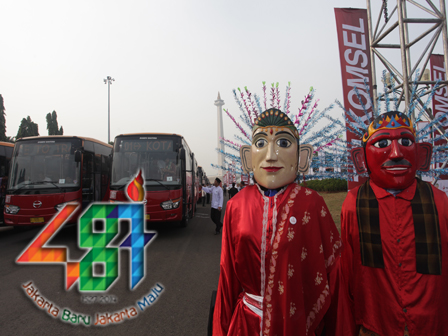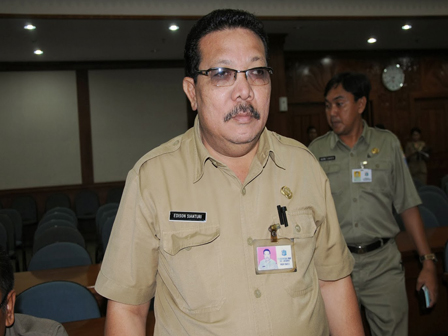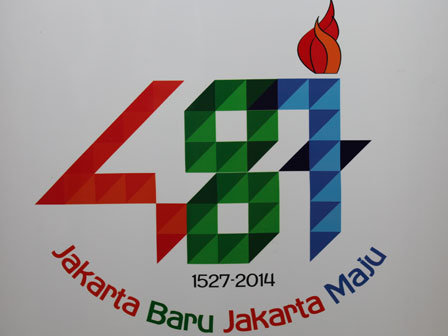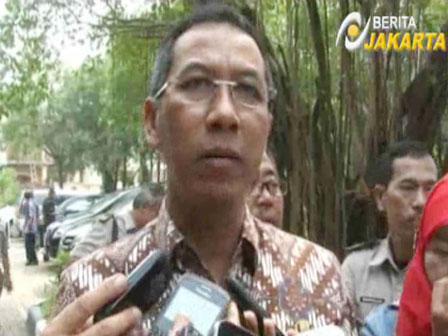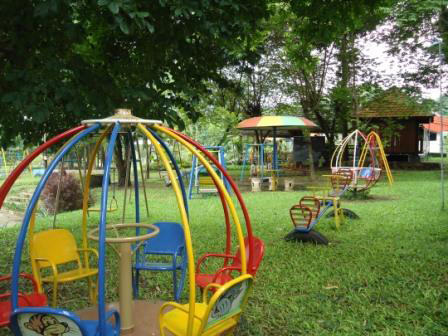Jakarta towards Child-Elderly Friendly City
Reported by Rudi Hermawan | Translated by Nugroho Adibrata
Approaching Jakarta’s 487th anniversary which falls on June 22, Jakarta keeps improving itself to become a city of governance, economic, and private. Various development programs have been conducted in order to be able to align with other big cities in the world.
We want all to move forward, thus Jakarta can be a friendly city, including for children as well as elderly
Jakarta Anniversary Committee Chairman, Bambang Sugiyono, stated that Jakarta Provincial Government continues to build facilities and infrastructures for the welfare of Jakarta residents. One of the efforts done is by providing decent residential, free education, free healthcare, as well as embodying Jakarta as a friendly city.
“We want all to move forward, thus Jakarta can be a friendly city, including for children as well as elderly,” he said, Sunday (6/8).
City to Build Integrated Transportation Terminal Area in North JakartaBecause of its various development programs conducted, Jakarta Provincial Government gets appreciations from various elements. One of them is Nirwono Yoga, an Urban Observer from Trisakti University, who praises several city government programs which he assessed quite successful in improving the face of the capital city, such as row village construction, Jakarta Smart Card (KJP), Jakarta Health Card (KJS), reservoir revitalization, bureaucracy improvement, and Betawi culture preservation.
“There has been progress in education and health sectors. The use of Betawi traditional costume is seen to appreciate the culture. Transparent open recruitment and public services also having significant changes,” he uttered.
Even so, Yoga hopes that Jakarta Provincial Government under the leadership of Joko Widodo and Basuki T Purnama not to easily satisfied. According to him, there are still a lot of homework that must be resolved, such as mass transportation problems, in which the amount of buses and corridors needs to be added, convenient sidewalks for pedestrians, law enforcement against street vendors, and additional green open spaces (RTH).
Novantry, a resident of Tanah Abang, Central Jakarta, admitted that the capital city has undergone many changes. Such a thing can be seen from the public services given at urban village and sub-district offices, likewise the existence of TransJakarta bus mass transportation.
“Now, it is easier and faster in processing birth certificate, family card, et cetera in urban village and sub-district offices. Talk about transportation, I think TransJakarta bus fleets should be added,” he expressed.

